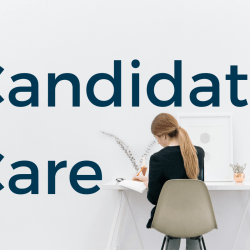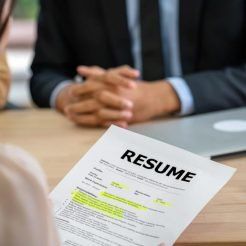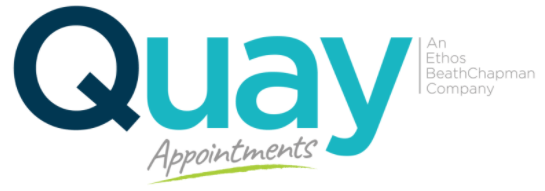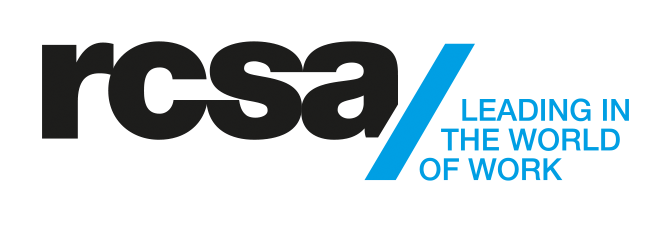How to Eliminate 50% of All Hiring Mistakes in 30 Minutes
Today on Linkedin, I had come across an article by Lou Adler
in regards to avoiding first impression bias when interviewing applicants for your position. As it was a very informative article with tips for avoidance, I needed to share it with everyone.
The original article can be found at the below link and also the full article:
How to Eliminate 50% of All Hiring Mistakes in 30 Minutes
More hiring errors are made in the first few minutes of an interview than at any other time.
If you’re so inclined, you might want to check out this report in Personal Psychology, “The Structured Employment Interview: Narrative and Quantitative Review of the Research Literature.” The study reviewed all of the literature regarding the predictability of the interview, coming to the following basic conclusions:
- A structured interview is more effective than winging it, overvaluing first impressions, box checking skills, asking brain teasers, or trusting your gut.
- Defining the work that needs to be done is more important that a laundry list of skills and experiences.
- Specific guidance is required to convert the candidate’s answers into an accurate assessment. Yes/no voting, informal discussions, or judging someone on feelings, intuition or emotions are all ineffective.
Whether your company has an interviewing system like this or not, most hiring errors can be simply eliminated by controlling the tendency to make instant judgments about candidates based on their first impressions.
Despite the fact that there is no research showing any correlation between on-the-job performance and first impressions, many people remain unconvinced. If you’ve ever met or hired a person who makes a good first impression and is not a top performer, you have some proof of its inability to predict performance. If you’ve ever met or hired someone who doesn’t make a good first impression and is a top performer, you have all the proof you need. While a sample of two is insufficient to make the no correlation claim, it does suggest that controlling the impact of first impressions can increase the accuracy of the interview. It also can help when meeting anyone for the first time, whether at a business meeting, party, or first date.
The problem with first impressions is that those who make good ones are given the benefit of the doubt regarding competency. Those who are quiet, temporarily nervous, not natural interviewers or whose appearance is not up to expectations, are instantly assumed incompetent. The balance of the interview is then used to gather evidence to prove these initial false conclusions, or the meeting is cut short. The following tips will help minimize these types of self-induced hiring errors.
10 Simple Ideas on How to Minimize the Impact of First Impressions on Decision-making
- Wait 30 Minutes. Force yourself to delay any possible yes or no decision until you review the person’s work-history in-depth. As part of this look for the Achiever Pattern indicating the candidate is in the top 25% of his or her peer group.
- Do the Opposite of Your Natural Response. Note your initial reaction to the person and then reverse your normal response. If positive, become more cynical, seeking information where the person has under-performed. When negative, assume the person is fully-competent and seek out facts to prove this.
- Treat the Person as a Consultant. People who are considered experts in their field like doctors, lawyers and $500 per hour consultants, are treated with respect and assumed to be competent. Treat all candidates this way, regardless of how they look.
- Conduct a Panel Interview. Since they’re less personal and more business-like, a well-organized panel interview naturally minimizes the impact of first impressions.
- Conduct a Phone Screen Before the Onsite Interview. First impressions have less impact when the interviewer has already had a personal conversation with the candidate. It’s even better if the candidate has accomplished something important related to real job requirements.
- Ask More Questions About Team Skills. Ask everyone what teams they’ve been assigned to, how they got assigned to them, and how successful they were. If these teams are growing in size and importance, you’ll know if the person’s success is attributed to first impressions or leadership ability.
- Listen to the Judge. Collect all of the required evidence before making any yes/no decision. Once a decision is made, the rest of the interview is used to collect information to validate it.
- Determine if First Impressions Helped or Hindered Job Performance. Rather than being seduced by first impressions, seek out evidence to determine how it affected job performance. If first impressions are useful predictors, those with good ones should be better performers than everyone else.
- Measure First Impression at the End of the Interview. At the end of the interview, evaluate the candidate’s first impression objectively, when you’re not affected by it. Then compare this to your initial reaction to the candidate. You’ll soon know what triggers your first impression bias and, as a result, be able to more easily control it.
- Systemize It Out. It’s hard to fight human nature. While all of the above steps will help, creating a companywide system that ensures they’re all followed by everyone all of the time is essential.
Allowing first impressions to bias hiring decisions results in two classic hiring blunders. The first, hiring people who make great first impressions, but are not competent. The second, not hiring top performers who are temporarily nervous, or don’t meet your expectations of friendliness and appearance. You owe it to yourself, your company and everyone looking for a job to overcome the simplistic idea of deciding who’s good or bad on superficialities. All it takes is 30 minutes.











